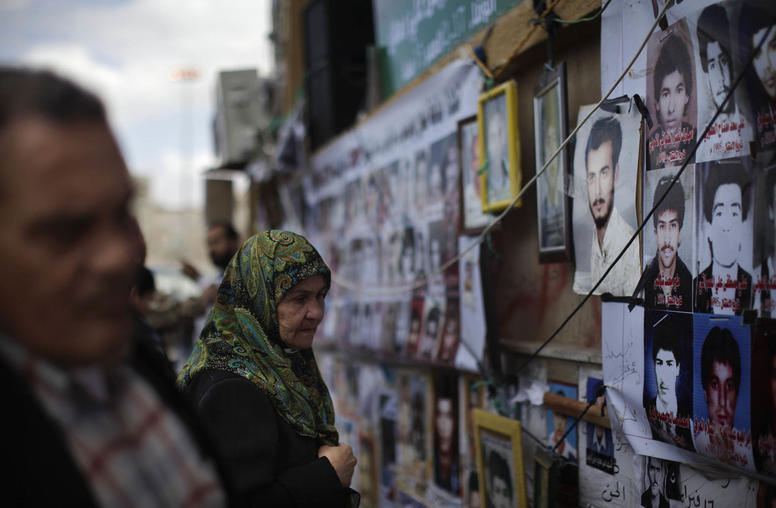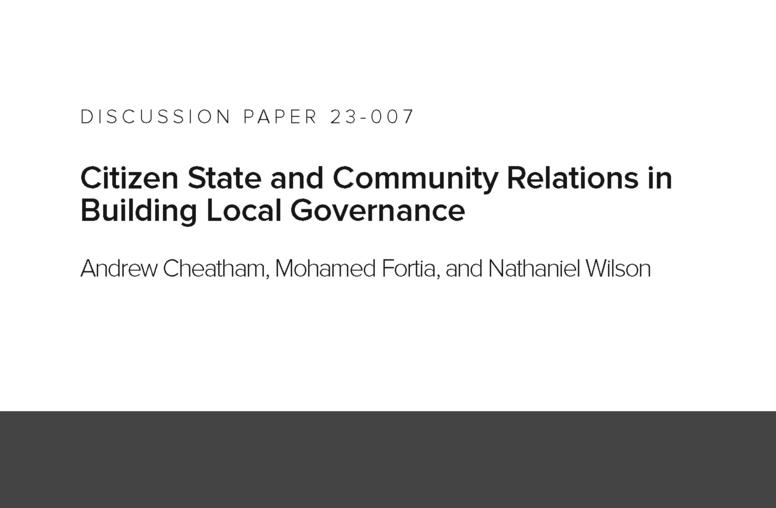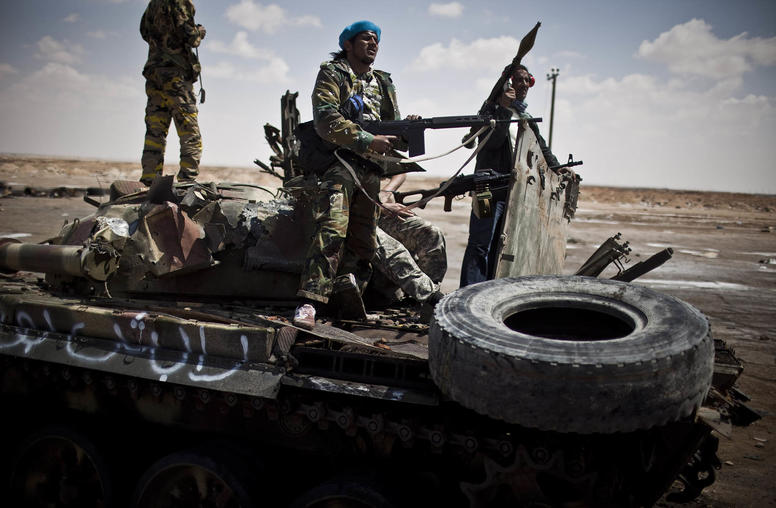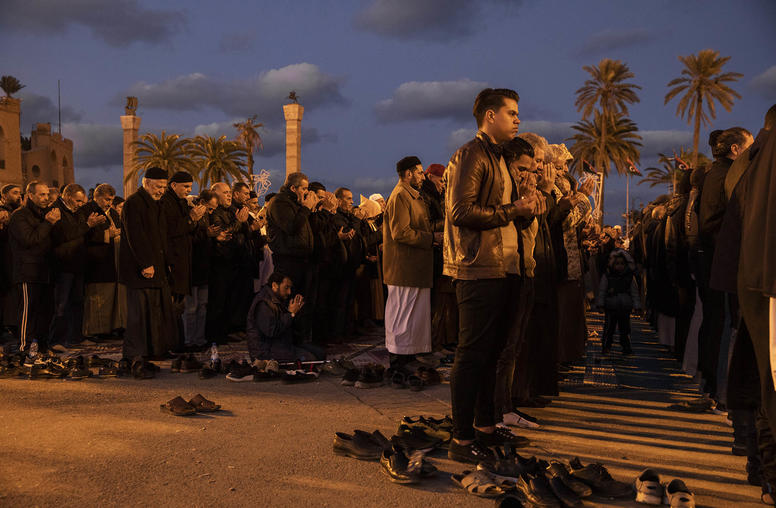Prioritizing Security Sector Reform
A New U.S. Approach
Prioritizing Security Sector Reform: A New U.S. Approach argues that security sector reform (SSR) should be at the core of a new U.S. policy to strengthen the security sector capacity of countries where U.S. interests are at stake. As the United States withdraws from a more interventionist policy, it cannot wholly ignore the growing disorder in fragile environments around the globe. In place of large, boots-on-the-ground interventions relying on expensive train and equip programs with only fleeting impact, the United States needs a smarter tool that can address both the effectiveness and accountability of host nation security forces and institutions. Properly designed and implemented, SSR can be that tool.
Today’s fragile environments feature a host of postconflict and postauthoritarian states and transitioning and new democracies that have at least one critical thing in common: Their security sectors are dysfunctional. Why these states cannot fulfill their most basic function—the protection of the population and their government—varies widely, but the underlying reason is the same. The security sector does not function because security sector institutions and forces are absent, ineffective, predatory, or illegitimate.
Washington needs a new approach for engaging in fragile environments and a policy for prioritizing where it engages and for what purpose. Improving these governments’ ability to deliver security appropriately, effectively, and in accordance with the rule of law could well shift the battle in their favor, with lasting implications for the fragile state, the broader region, and for the United States. The focus of this book is how the United States should design and implement a security sector reform policy.
In the earlier chapters of the volume, the principles underlying security sector reform are examined. Three case studies—Libya, Tunisia, and Mexico—highlight the types of environments in which the United States will likely need an SSR approach and the capabilities required for each. The volume then analyzes the UK and Canadian security sector reform policy experiences, drawing lessons and recommendations for the United States. Next, existing U.S. policy and capabilities for security sector reform are explored. Finally, the volume maps out a new U.S. approach and policy for security sector reform—including a proposed security sector reform Presidential Policy Directive.
Querine Hanlon is the founding president and executive director of Strategic Capacity Group. Previously she served as special advisor for the U.S. Institute of Peace and as dean of the College of International Security Affairs at National Defense University.
Richard H. Shultz, Jr., is a professor of international politics at the Fletcher School, Tufts University and director of Fletcher’s International Security Studies Program. Currently he is also a consultant to the U.S. Special Operations Command and a senior fellow with the command’s Joint Special Operations University.
Contributors:
- Alejandra Bolanos
- Robert M. Perito
- Jamie Kraut
Contents:
- Part I Making a Case for SSR
- Why Do We Need SSR?
- The Origins and Evolution of SSR
- Part II Three Environments for SSR
- SSR in Libya: A Case of Reform in a Postconflict Environment
- SSR in Tunisia: A Case of Postauthoritarian Transition
- SSR in Mexico: A Case of Organized Crime and Democratic Transition
- Part III Learning from Others: The British and Canadian SSR Experiences
- The Emergence, Decline, and Revival of SSR: The British Experience
- Security System Reform in Canada
- Part IV SSR in the United States
- U.S. Policy and Doctrine for SSR
- U.S. Capabilities for SSR
- Designing an SSR Policy for the United States



